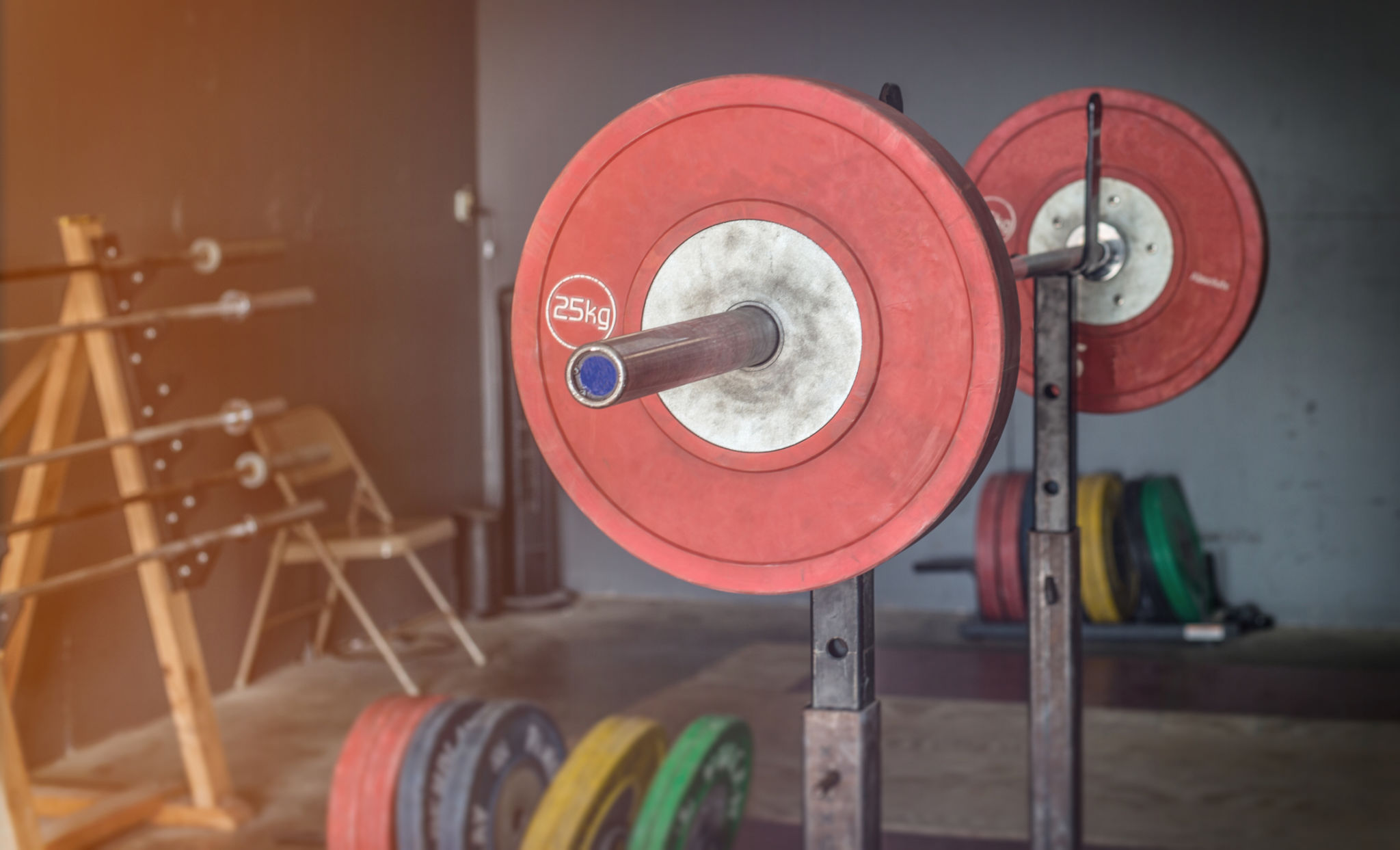Understanding Functional Fitness: A Practical Guide
What is Functional Fitness?
Functional fitness focuses on exercises that mimic everyday movements. These exercises help you perform daily tasks with ease. The goal is to improve strength, balance, and flexibility.
Functional fitness is not about lifting the heaviest weights. Instead, it’s about training your body to handle real-life activities. This type of fitness is practical and can benefit everyone, regardless of age or fitness level.

Benefits of: Functional movements build core and overall body strength.
- Better Flexibility: Stretching and dynamic movements improve your range of motion.
These benefits can make everyday activities easier, from carrying groceries to playing with your kids.
Basic Functional Fitness Exercises
There are many exercises you can include in a functional fitness routine. Here are a few basics to get you started:
- Squats: These mimic the action of sitting and standing.
- Lunges: Help with balance and leg strength.
- Push-ups: Strengthen your upper body and core.

gradually increase the intensity. Here are some tips:
- Begin with a warm-up to prepare your muscles.
- Focus on form to prevent injury.
- Incorporate a mix of exercises to target different muscle groups.
Consistency is key. Aim to include functional fitness exercises in your routine at least two to three times a week.
Working with a Personal Trainer
A personal trainer can help you create a functional fitness plan tailored to your needs. They can guide you on proper form and progression. This ensures you get the most out of your workouts and stay injury-free.

